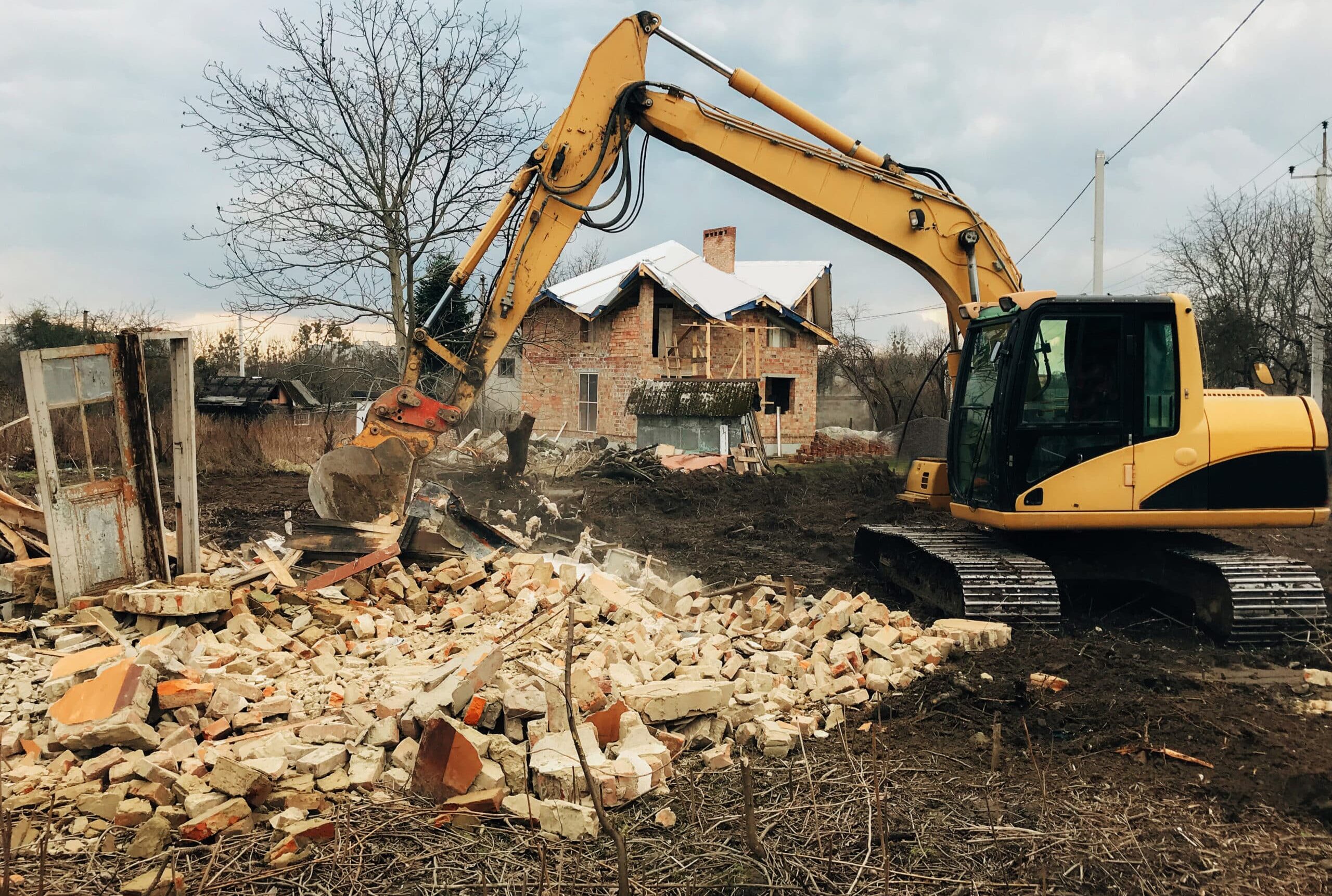Can You Defend Yourself Against a Government Agency Attempting to Take Your Property For a Public Use Project?
The power of eminent domain allows state and federal agencies to take property from private owners for the purposes of public use projects that will benefit the community. Federal and North Carolina law grants the government significant leverage to condemn and obtain necessary property, even if the owner is unwilling. However, property owners also have constitutional protections against the unlawful taking of their land.
Fighting condemnation proceedings can be challenging but not impossible. Taking prompt and carefully considered legal action is often vital to the outcome of the case. Depending upon the circumstances, one or more of the following legal defenses may be employed to prevent the condemnation, reduce the amount of land taken, or recover fair compensation for the condemned property. A knowledgeable Raleigh eminent domain and condemnation attorney can guide you through every step of the defense process and ensure your rights are upheld.
Lack of Authority
One fundamental defense is challenging the government’s authority to condemn the property in question. This defense involves scrutinizing whether the government agency or entity has the statutory right to exercise eminent domain for the intended project. The condemnation can be contested if the agency lacks explicit legal authority or if the statutory requirements are not met.
North Carolina’s state statutes outline which agencies have the right to condemn property for public use and the processes they must follow when appropriating property. For example, N.C.G.S. § 136‑19 vests the Department of Transportation (DOT) with the power to purchase or condemn properties for state transportation projects. Utility companies, community development agencies, municipalities, and other agencies may also have this right when undertaking projects that benefit the public. An eminent domain lawyer can assess your case and determine if the agency in question is within their legal rights to condemn the property or if they are acting beyond their authorized scope.
Insufficient Public Purpose
The U.S. Constitution requires that property taken under eminent domain be for “public use.” Property owners can challenge a condemnation on the grounds that the proposed use does not serve a legitimate public purpose. The definition of a public purpose may be interpreted to encompass many different projects. However, the result of the condemnation must be helpful to not just a few individuals, but the entire community. Common examples of legitimate public use projects include schools, hospitals, power lines, bridges, and public parks. Questions of the validity of a condemnation may arise in cases where the property is being taken for economic development purposes that primarily benefit private entities.
Non-Necessity of the Taking
Even if a public purpose is established, property owners can argue that taking their specific property is not required for the project. This defense asserts that the project could proceed using alternative properties or methods that do not require taking the owner’s property. If the property is not essential for the project’s completion, or if more property is being taken than necessary, this can be a valid defense against condemnation.
Procedural Deficiencies
Government agencies must follow all processes outlined in the state’s statutes when undertaking a public use project. Thorough surveys and environmental impact statements must be generated for many projects, along with clearly drafted plans for the project’s path or scope. If key steps aren’t observed, property owners may be able to challenge eminent domain actions on procedural grounds. Examples of procedural oversights may include:
- Providing inadequate notice to the property owner.
- Not scheduling a proper public hearing.
- Failing to negotiate in good faith.
Inverse Condemnation
Additionally, if the government damages your property or otherwise invades your property rights while working on a project and does not engage in the necessary steps to take it under eminent domain, you may have the right to file an inverse condemnation claim. In this case, you would file a lawsuit to begin the eminent domain proceedings and recover compensation for the loss of your property rights.
Inadequate Compensation
Even if the government entity is justified in condemning your property, the Fifth Amendment mandates that property owners must receive just compensation when their property is taken for public use. However, value assessments can vary widely and may not consider the impact on any remaining property you will continue to own after the completion of the project. Ensuring the appraisal value of your property accurately reflects its worth is essential to obtaining a fair settlement in your case.
Owners have the right to challenge the compensation offered by the government. However, strict deadlines exist for appealing rulings or taking other legal action, so swift action is critical. It is highly recommended to speak with an eminent domain lawyer before agreeing to any compensation plan to ensure you are treated fairly under the law.
Why Consult With a Skilled Condemnation Attorney?
The condemnation process in North Carolina involves complex administrative and court proceedings with specific deadlines and requirements. Property owners have the right to challenge the condemnation on various grounds, but determining the most appropriate method for your unique case can be daunting. A lawyer with in-depth knowledge of the state’s statutes and federal laws can help evaluate your options and build the most robust case possible. If halting the condemnation is not feasible, your legal team can begin the process of negotiating just compensation for your property and ensuring that only the necessary amount of land is taken.
At Hansen, Howell, and Wilkie, PLLC, we understand the stress and anxiety that can accompany condemnation proceedings. We treat every case with personalized care and utilize our extensive experience and skills on behalf of our clients. To schedule a free case analysis, call our law firm today at 919-256-5266 or fill out our online contact form.




